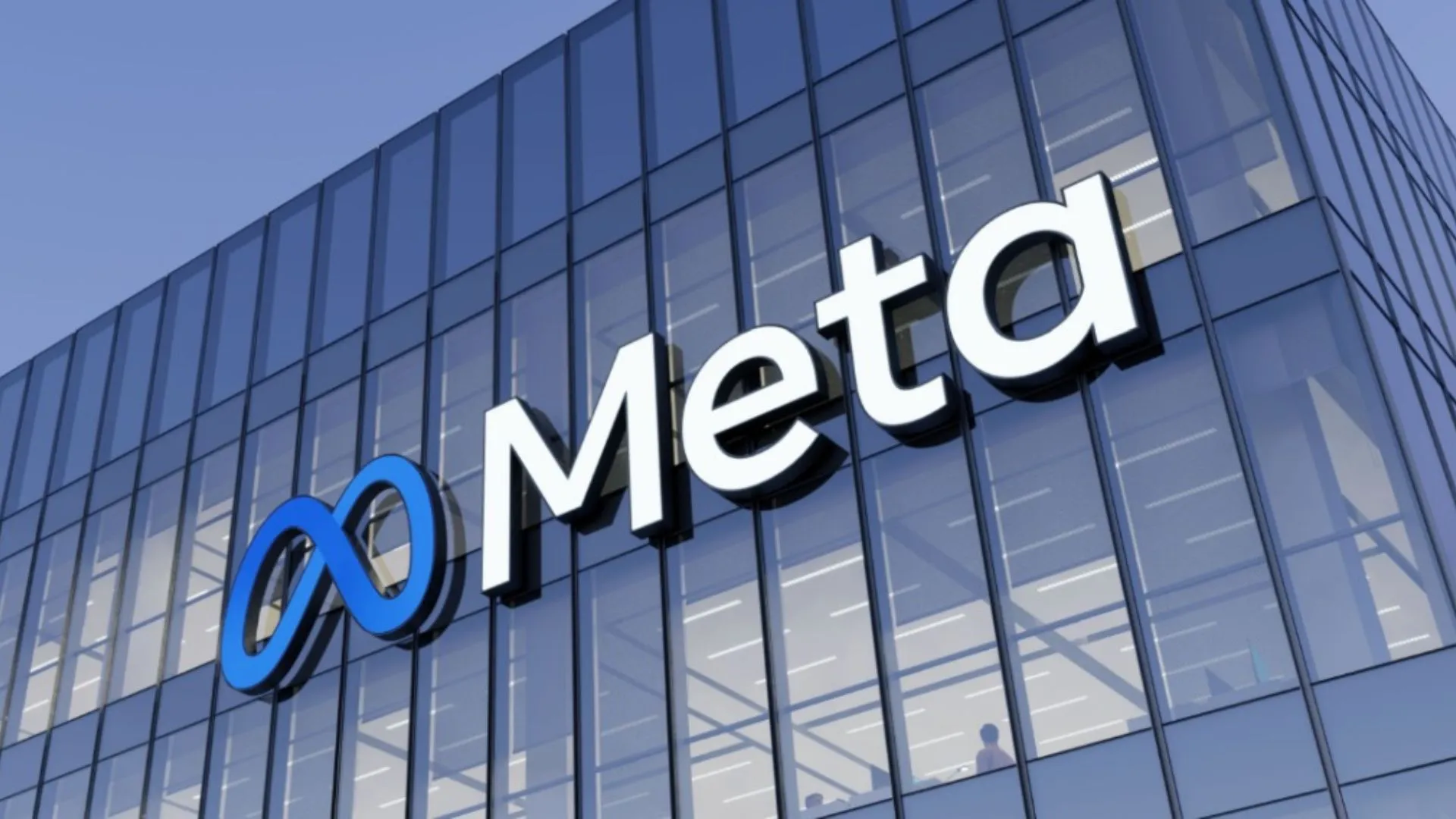A Kenyan court has ruled that Meta, Facebook’s parent company, can be sued in Kenya over the firing of dozens of content moderators. This decision, made by the Court of Appeal on Friday, reinforces earlier rulings allowing the legal challenge to proceed, potentially setting a global precedent for how Big Tech companies interact with their content moderation workforce.
Content Moderators’ Legal Battle
In 2022, content moderators in Kenya filed a lawsuit against Meta and two of its contractors, claiming they were wrongfully dismissed. The moderators had been working for Sama, a Kenyan company contracted to manage Facebook content, and said they lost their jobs after attempting to organize a union. Following Meta’s shift to another contractor, Majorel, the moderators allege they were blacklisted from applying for similar roles.
Breakdown in Settlement Talks
Efforts to resolve the issue through an out-of-court settlement broke down in October 2023, leading to the current court proceedings. The moderators claim that Meta and its contractors unfairly terminated their employment and mistreated them in the process.
READ MORE: Crisis In Haiti Is Worsening Rapidly: United Nations’ Expert
The outcome of this case could have significant global implications for Meta and its partnerships with content moderators who review sensitive and graphic content across the platform.
Kenyan Courts Uphold Earlier Rulings
Friday’s ruling by the Court of Appeal upheld a previous decision made in April 2023 by the Kenyan Labour Court, allowing Meta to be sued for the dismissal of content moderators. Meta had appealed the decision, but the appellate judges concluded that the appeal lacked merit.
“The appellants’ appeals … are devoid of merit, and both appeals are hereby dismissed with costs to the respondents,” read the ruling.
Additionally, the court reaffirmed a separate decision made in February 2023, which stated that Meta could also be sued in Kenya over alleged poor working conditions—a case the company had similarly appealed.
Broader Implications for Big Tech
The rulings could have far-reaching consequences for Meta and other technology companies relying on third-party contractors for content moderation. The decision to allow Meta to face legal action in Kenya is seen as a potential warning to global tech companies to address the human rights concerns along their value chains.
“Meta being sued in Kenya is a wake-up call for all Big Tech companies to pay attention to the human rights violations taking place along their value chains,” said Mercy Mutemi, the lawyer representing the content moderators.
Meta and Contractor Responses
Neither Meta, Sama, nor Majorel have responded to requests for comment. In the past, Meta has stated that it requires its partners to maintain industry-leading standards for working conditions. Sama has defended its practices, asserting that it follows Kenyan labor laws and provides mental health services to its employees. Meanwhile, Majorel has refrained from commenting on the ongoing legal matters.
As the case moves forward, it will likely attract global attention to the working conditions and treatment of content moderators worldwide, possibly reshaping how companies like Meta manage their outsourced labor.
ALSO READ: U.S. Prepares $375 Million Military Aid Package For Ukraine
















